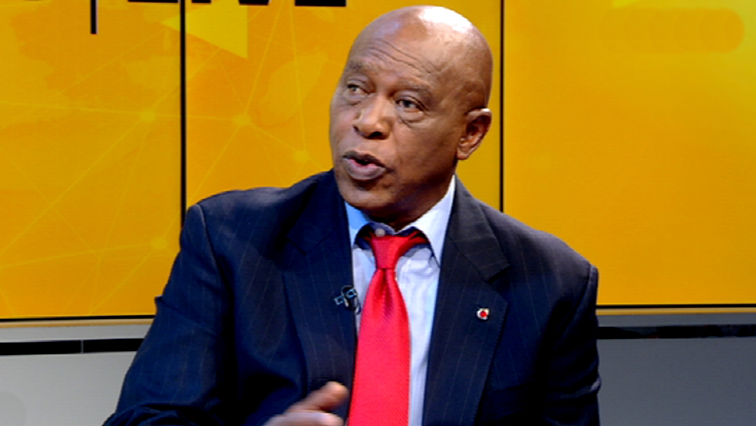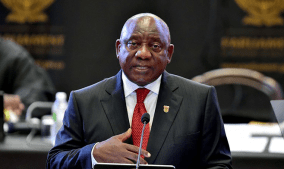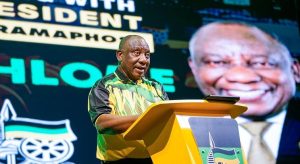Businessman and former African National Congress (ANC) National Executive Committee member Tokyo Sexwale says it is important for leaders to speak with one voice when dealing with issues such as the crisis at Eskom.
Earlier, the Presidency said there was no ill intention on the part of the Eskom board when it told President Cyril Ramaphosa that there would be no load shedding before January the 13th.
The President’s spokesperson Khusela Diko said unforeseen circumstances resulted in renewed power cuts – despite the assurance of the Eskom board.
This was after Deputy President, David Mabuza, said that the power utility’s board and the Public Entrerprise Minister, Pravin Gordhan had misled Ramaphosa.
Sexwale has highlighted the importance of a unified stance …
“The office of the deputy president is not a separate office in terms of the constitution and physically. It is located within the presidency. We talk about the presidency. It’s occupied by both the deputy as well as his boss, the president. Leadership requires that where there’s any dichotomy, where there’s any issue, it should be properly resolved. There’s a place for this. Deal with this issue and then come out with one voice.”
Click on the video below:
Sexwale adds the time has come for world leaders to use dialogue to resolve differences. Sexwale was commenting on the current tension between Iran and the US. President Donald Trump gave the US military orders to kill Iranian General Qassem Soleimani.
Iran attacked the United States of America’s bases in Iraq as part of retaliation. Sexwale has questioned Trump’s leadership style.
“I think he’s got a bad style, badly advised. In the books of America I’m also a terrorist. You’ve got to be very rational and balanced as a leader especially if you are leading a country with military might such as the United States. We can’t go all over the place hopping and shooting, there’s a language that is used in terms of the resolution of international problems, conflict. It’s called dialogue.”






